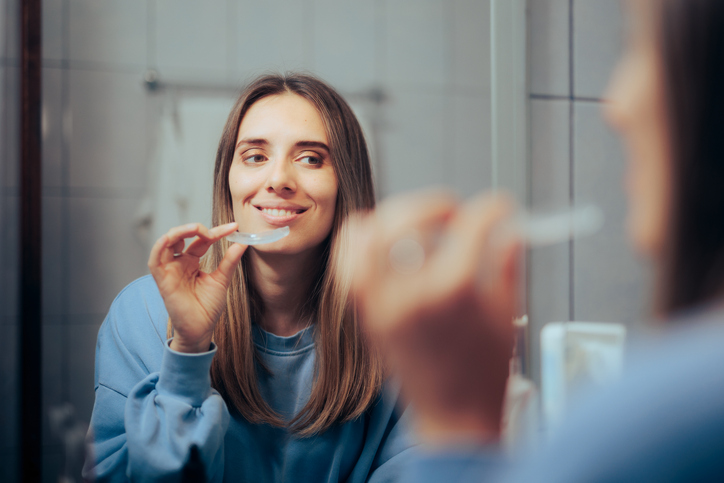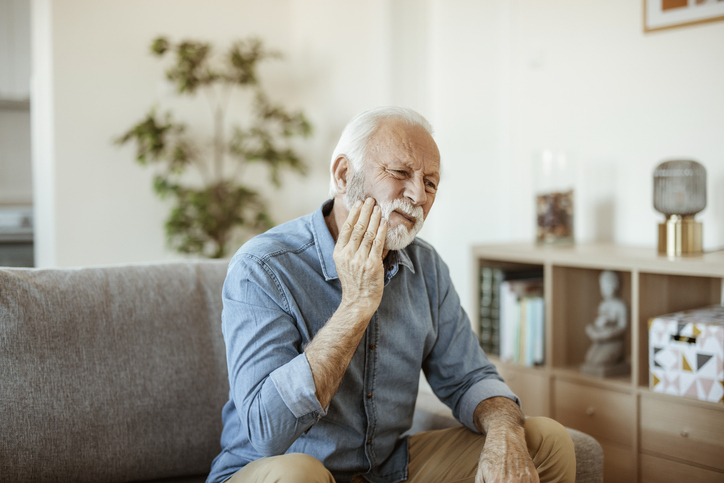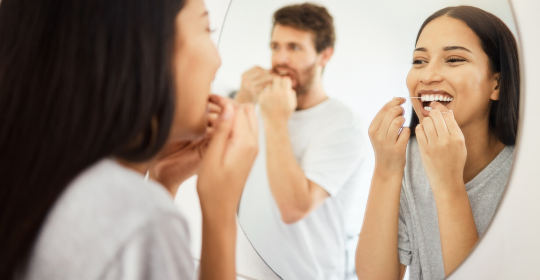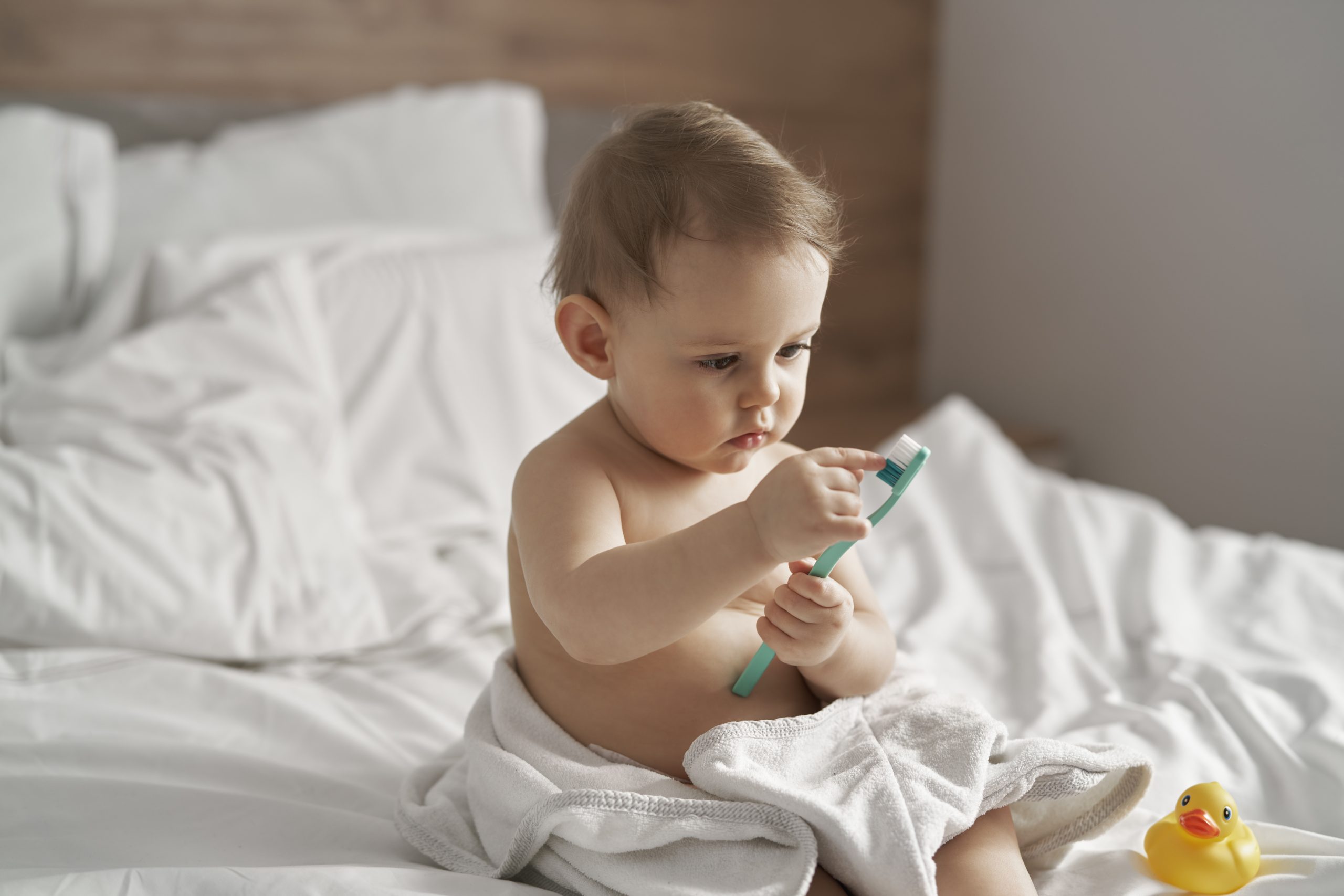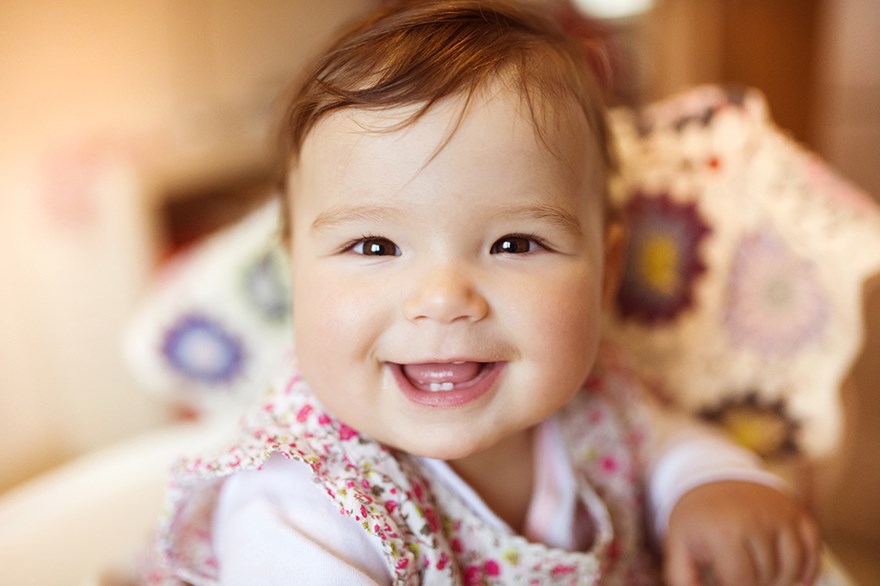 20 September 2022
20 September 2022
Teething time can instil fear and dread in even the most seasoned mum. People often associate teething with a cranky baby, irritability, flushed cheeks, and sore, red little gums. Regardless of your teething experience, what can you do now – and in the future – as baby teeth emerge? How do you best look after these baby teeth?
How can I help my baby cope with teething?
Baby teeth start to emerge from between 4 and 10 months of age. The first teeth to appear are usually in the middle of the lower gum. There’s a wide range of ‘normal’ so no need to panic if your little one is a little early or a little past the 10-month mark.
While the addition of a tooth is an exciting milestone, it can be a pretty exhausting lead up to the tooth finally appearing. If you think that your baby is experiencing discomfort due to teething, applying a cool soft cloth to the gums, giving them sugar free teething rusks or chilled teething rings to chew on may help relieve this. Distraction also works wonders – so provide plenty of love and attention.

How can I keep my child’s mouth healthy?
48% of Aussie children aged 5-6 have a history of dental decay in their baby teeth, according to a 2017 report by the Australian Institute of Health and Welfare. So how do you prevent your little one from adding to these statistics? Starting them early with a good dental hygiene routine is the best way to set them up with healthy teeth for life.
Before you even see that first tooth appear, you can get babies used to having things in their mouth by wiping their gums with a soft damp cloth twice a day. When the first tooth does appear, you can continue to wipe over it with a soft cloth or switch to a baby’s first toothbrush as more teeth arrive. Doing this twice a day will get them used to the twice day brushing routine early on and develop great habits. This is important, as even if baby is not yet on solid foods, once a tooth is in their mouth, it is prone to plaque and bacteria build-ups, which can lead to decay
When cleaning baby’s teeth in those early days, you don’t have to use toothpaste. In fact, you probably don’t need to start using children’s toothpaste until they’re around 18 months old, and even then it only needs to be a small smear. Find a super-soft toothbrush and give their tooth (or teeth) and gums a light massage. Once they have two or more teeth in a row, you might like to start gently flossing if teeth are close together.
To keep those little mouths healthy, there are a couple of things you’re best off avoiding such as dipping dummies in anything sweet, as well as putting babies to bed with bottles of milk or juice. The risk here is that when baby falls asleep on the bottle or sugar coated dummy, the sugar sits around the newly erupted teeth and creates the perfect environment for tooth decay.
When should my baby first see the dentist?
Generally, you should book your child in for their first check-up around 12 – 18 months old. These early visits are more about getting your little one used to the dentist and being able to seek advice on how to best care for their teeth as they continue to erupt.
At that first appointment, the dentist will perform a basic inspection – counting teeth, looking inside that little mouth (as much as they are permitted!) and offering a ride in the hydraulic chair.
Take this opportunity to ask the dentist any questions you may have – remedies for teething, sharing the best brushing techniques, foreseeing any issues caused by plaque or decay and discussing habits such as thumb sucking. If you have any questions or concerns around the development of baby’s teeth, your dentist will be able to help you. You’ll be putting your own mind at ease, and setting your baby up for a future of strong white teeth and a beautiful smile.
Ready to make that first appointment? Book your appointment today online.
